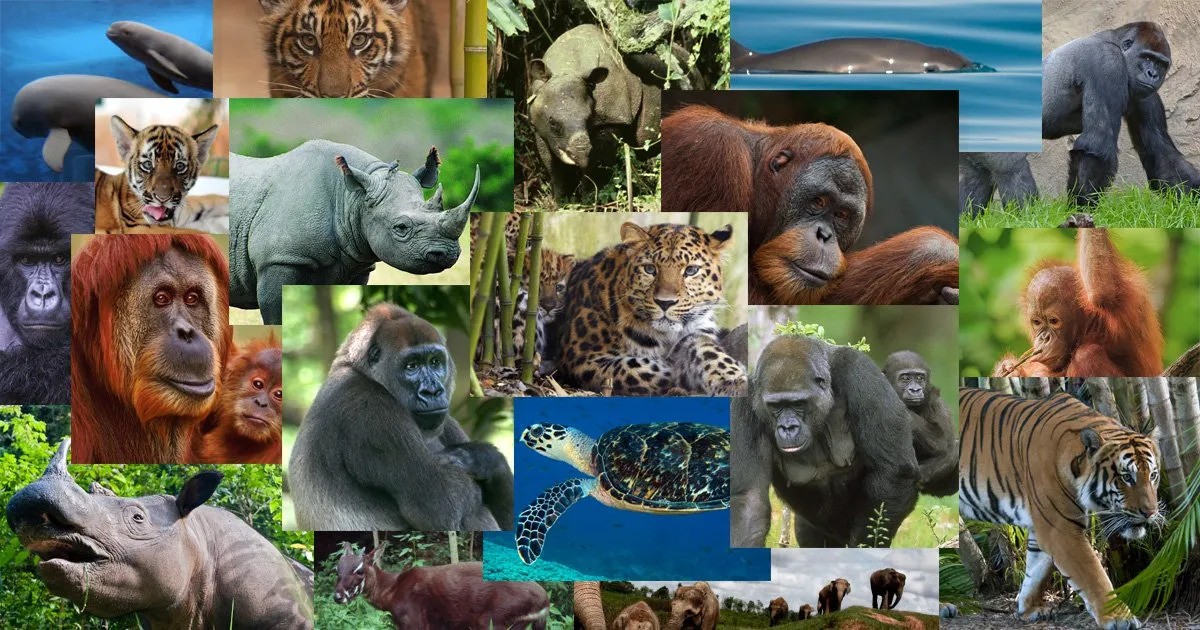In the grand tapestry of life on Earth, intelligence is not solely a human attribute. Across the animal kingdom, from the depths of the oceans to the heights of the skies, there exists a remarkable spectrum of cognitive abilities. From problem-solving prowess to intricate social behaviors, animals constantly surprise us with their intelligence. In this blog, we embark on a journey to explore the fascinating world of animal intelligence, delving into the depths of their minds and uncovering the astonishing capabilities that dwell within tiere wissen.
The Diversity of Animal Intelligence: One of the most intriguing aspects of animal intelligence is its diversity. Intelligence manifests itself in various forms across different species, shaped by evolutionary pressures and ecological niches. Take, for instance, the remarkable problem-solving skills of the octopus. With its complex nervous system and dexterous tentacles, the octopus can navigate mazes, unscrew jars, and even mimic other animals—all signs of advanced cognitive abilities.
Similarly, the tool-making prowess of certain bird species, such as New Caledonian crows, showcases an impressive level of intelligence. These birds fashion tools out of twigs and leaves to extract insects from crevices—a behavior once thought to be exclusive to humans and a few other primates. Such examples challenge our traditional notions of intelligence and highlight the remarkable adaptability of animals in the face of environmental challenges.
Social Intelligence: Beyond individual problem-solving, many animals exhibit sophisticated social behaviors that hint at a deeper level of intelligence. From intricate communication systems to complex social hierarchies, the social lives of animals are rich with nuance and complexity. Take, for instance, the intricate dance language of honeybees, which allows them to communicate the location of food sources with remarkable precision.
In the realm of mammals, the social dynamics of species like elephants and dolphins are equally captivating. These animals form tight-knit family groups, display empathy towards one another, and engage in cooperative behaviors such as hunting and raising offspring. The ability to navigate complex social relationships requires a high degree of cognitive flexibility and emotional intelligence, traits that are not limited to humans alone.
Learning and Adaptation: Another hallmark of animal intelligence is the capacity for learning and adaptation. Whether through trial and error, observational learning, or cultural transmission, animals are adept at acquiring new skills and knowledge to navigate their environments more effectively. For example, certain primate species have been observed using tools to forage for food, with younger individuals learning these behaviors by watching and imitating older members of their group.
Moreover, studies have shown that some animals possess a form of episodic memory, allowing them to recall specific events from their past experiences. This ability is not only essential for survival but also suggests a level of self-awareness and consciousness that was once thought to be exclusive to humans.
Ethical Considerations: As we continue to uncover the depths of animal intelligence, it is imperative to consider the ethical implications of our interactions with other species. Recognition of animal intelligence challenges age-old notions of human superiority and calls into question the ethical justifications for exploiting animals for food, entertainment, or scientific research.
Advancements in animal welfare science have shed light on the capacity of animals to experience pain, suffering, and emotional distress, further underscoring the need for compassionate treatment and respect for their cognitive abilities. By acknowledging the intelligence of animals, we are compelled to rethink our relationship with them and strive towards more ethical and sustainable practices.
